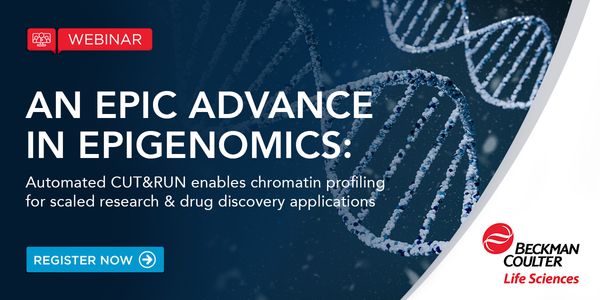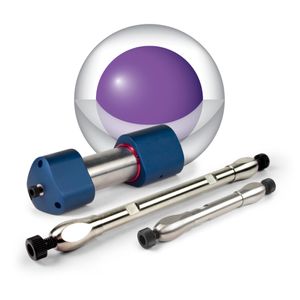Clinical & Molecular DX Webinars
Advances in clinical laboratory techniques and molecular analysis are reshaping our approach to therapy and diagnosis. Explore emerging diagnostic technology and the latest insights in the microbial community in these webinars.
Show More
-
Quantitative genetic analysis plays a critical role in the research and development of novel biotherapeutics. As a sensitive and precise method for quantitating specific nucleic acid targets...
When building your own infectious disease molecular panels there are many paths to consider. In this interview, we ask Marcus Cognetti and Dr. Ari Frenkel what approach is required to create...
Acute cough is one of the most common reasons for consulting in primary care thus driving considerable antibiotic use and health-care costs. Currently, identification of microbial etiology i...
We will discuss the Digital LightCycler System, a digital PCR (dPCR) system for DNA and RNA with 6-color capability for flexible, multiplexed biomarker detection. With advances in sensitivit...






























































